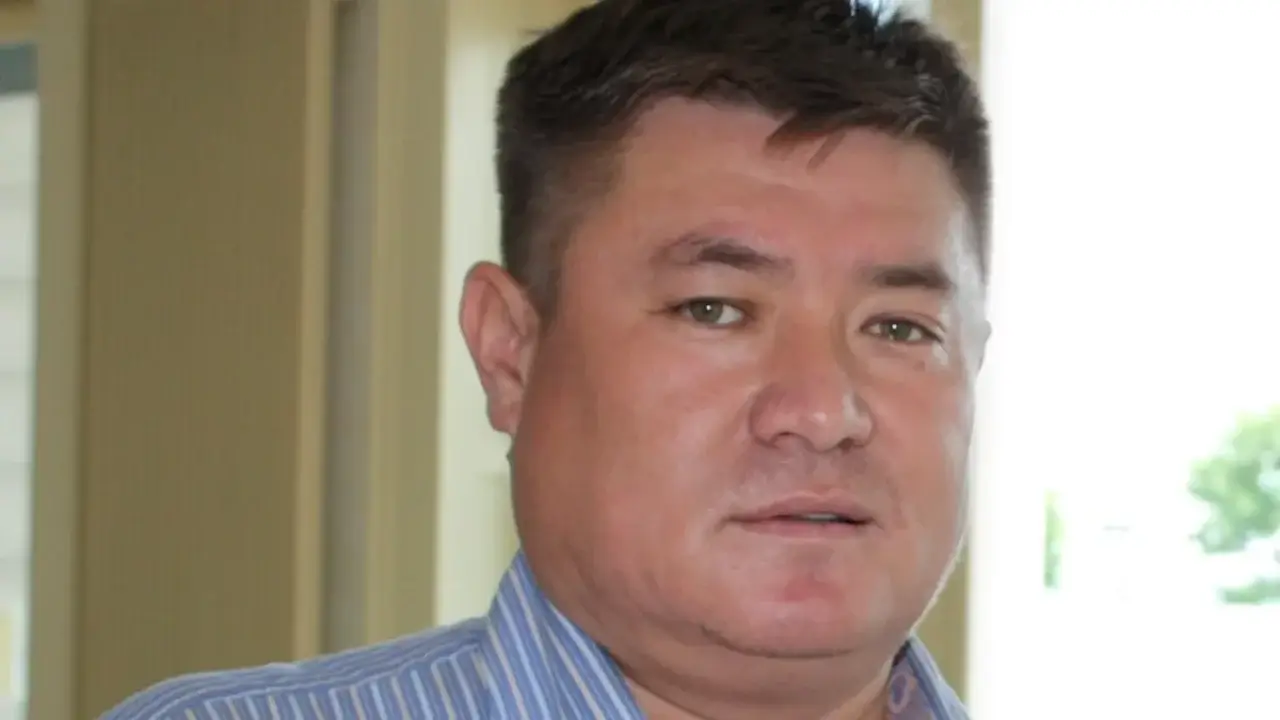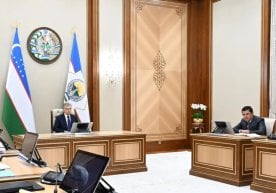Tashanov’s Facebook post turned costly: what decision did the court make?

The court process concerning the conflict between two prominent professors of Tashkent State University of Law and Abdurakhmon Tashanov, the chairman of the "Ezgulik" human rights society, well-known for his activism in human rights, has concluded. This conflict, particularly, generated extensive discussions on social media.
It became known that on May 23, the Mirabad Interdistrict Civil Court issued a final decision on this controversial case. The trial, presided over by judge Behzod Sagatov, was held in a closed session, resulting in a decision to recover 50 million soums in moral damages from human rights activist Abdurakhmon Tashanov in favor of Tashkent State University of Law professors Razzok Altiev and Otabek Narziev.
Furthermore, the court ordered the human rights defender to officially apologize and publish a retraction concerning his Facebook post titled “I feel sorry for you, gentlemen!”, which led to numerous controversies and debates.
The incident causing this conflict occurred on February 28, 2025. At that time, professors Razzok Altiev and Otabek Narziev filed a lawsuit against the prominent human rights activist Abdurakhmon Tashanov. They claimed that Tashanov’s Facebook post titled “I feel sorry for you, gentlemen!” seriously damaged their personal dignity and professional reputation.
In their lawsuit, the professors demanded that Tashanov delete the post, publicly apologize, publish an official retraction, and pay moral damages amounting to 200 million soums. During the court proceedings, there were debates and intense arguments between the disputing parties.
Tashanov’s side stated that his post was a response to previously published critical and negative remarks made by the university professors regarding his human rights activities, and there were no malicious intentions or personal interests behind the post. Nevertheless, the court accepted the professors' evidence as justified, considering the expressions in Tashanov’s post as damaging to their reputation.
Following the court decision, various experts, lawyers, and journalists active on social media began widely discussing this event, touching upon topics of freedom of speech, the right to personal opinion, and the boundaries of its restriction.
Some lawyers noted that such a court decision is connected to the necessity of protecting personal reputation, and strict legal approaches are needed in such conflicts. Meanwhile, other human rights defenders stated that this decision could negatively impact citizens' freedom of expression.
Experts highlight that the examination of this case and the decision made by the court serve as a warning for those expressing their opinions on social media to be more cautious in the future. This case once again demonstrated the delicate boundary between freedom of personal opinion and the dignity of the individual.
Currently, Abdurakhmon Tashanov and his lawyers are considering filing an appeal against this court decision to higher judicial instances. This indicates the possibility of continued legal proceedings regarding this case.
Overall, this court case initiated a new stage of public discussions not only in the legal sphere but also on issues of freedom of speech, expressing opinions on social networks, and protection of human honor and dignity. It also strengthened public discussions about the necessity of improving behavior culture on social media.
The facts mentioned in this article represent the outcomes of discussions between the parties and do not express the editorial board’s viewpoint. Read “Zamin” on Telegram!
Ctrl
Enter
Found a mistake?
Select the phrase and press Ctrl+Enter 





















